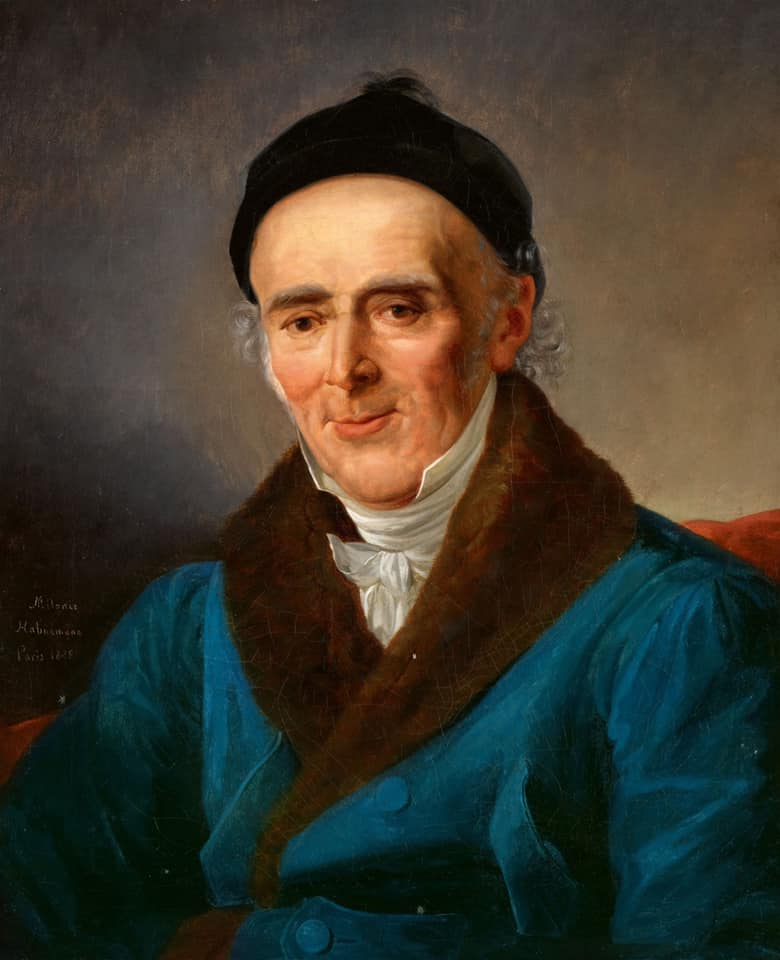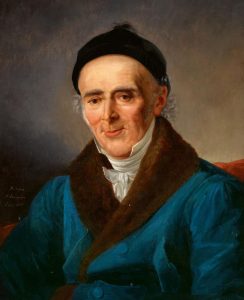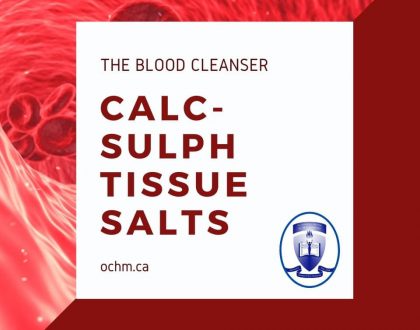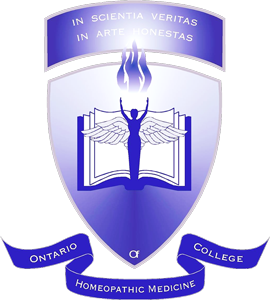Homeopathic Medicine

Dr. Christian Frederick Samuel Hahnemann (April 10, 1755 – July 2, 1843) is the founder of Homeopathy. Dr. Hahnemann was a diligent scholar who achieved his medical degree at the age of 24. He also took up the study of chemistry, botany and a number of different languages.
✨
Medical practice at that time was based on purging the disease from the body. Bloodlettings, venesections and other forms of purgation , violent laxatives and enemas were common methods of treatment. Small wonder that Hahnemann believed that more people died of their treatment rather than their disease!
, violent laxatives and enemas were common methods of treatment. Small wonder that Hahnemann believed that more people died of their treatment rather than their disease!
✨
Frustrated with the method of medical practice and the state of healing, Hahnemann turned to the translation of books to supplement his income. He renewed his studies in chemistry and medicine and began to stress the need for public hygiene, for fresh air, adequate sleep, regular exercise and a sensible diet. Ahead of his time, Hahnemann wrote articles for medical reform which further showed his growing disenchantment with medicine and the medical profession.
✨
It was during this difficult time that Hahnemann performed an experiment that was to lay the foundation for his new system of medicine — homeopathy. It arose when he was translating a book, A Treatise on Materia Medica, written by a distinguished Scottish physician, William Cullen. Within the materia medica was an account of a drug, cinchona or Peruvian Bark, widely used for the treatment of malaria, which prompted the experiment.
✨
@homeopathy_school_in_toronto .
Recommended Posts

Exploring the Lesser-Known Aspects of Aethusa Cynapium: Its Relationship with the GI Tract and Animal Lovers
March 27, 2024

Calc-sulph Tissue Salts is considered “the Blood Cleanser”
April 20, 2021

Ferrum Metallicum is a great Homeopathic Remedy for Anemia
April 20, 2021
